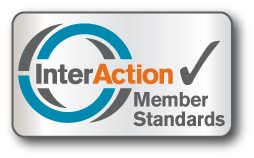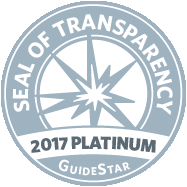Celebrating Timkat in Ethiopia
Timkat celebrations in Ethiopia are marked by priests dressed in white carrying colorful umbrellas.
January is an important month for Ethiopians.
For starters, the country celebrates Genna, or the Ethiopian Christmas, in early January. According to the ancient Julian calendar, which is used in Ethiopia, Christmas falls on January 7 on the popular Gregorian calendar most of us are familiar with.
The word Gennana, which means “imminent” in Amharic, is a reference to the coming of the Lord Jesus and the freeing of mankind from sin.
Another important holiday is Timkat, which falls on January 20 this year due to the leap year. Timkat is an Othodox Christian celebration of the Ethiopian Epiphany. It marks the baptism of Jesus Christ in the Jordan River.
Pilgrims come from far and wide to take part in the three-day festival and witness the reenactment of the baptism. All over the country, including in southwestern Ethiopia where WEEMA largely works, large crowds assemble as the religious festivities commence, with spectacular processions, song, dance and prayer.
In the capital, Addis Ababa, the festival is particularly spectacular. The streets are adorned with green, red and yellow to represent the Ethiopian flag and priests walk through the streets holding colorful, richly decorated umbrellas.
We wish a happy Genna and wonderful Timkat celebration to our friends who are honoring these special days.







